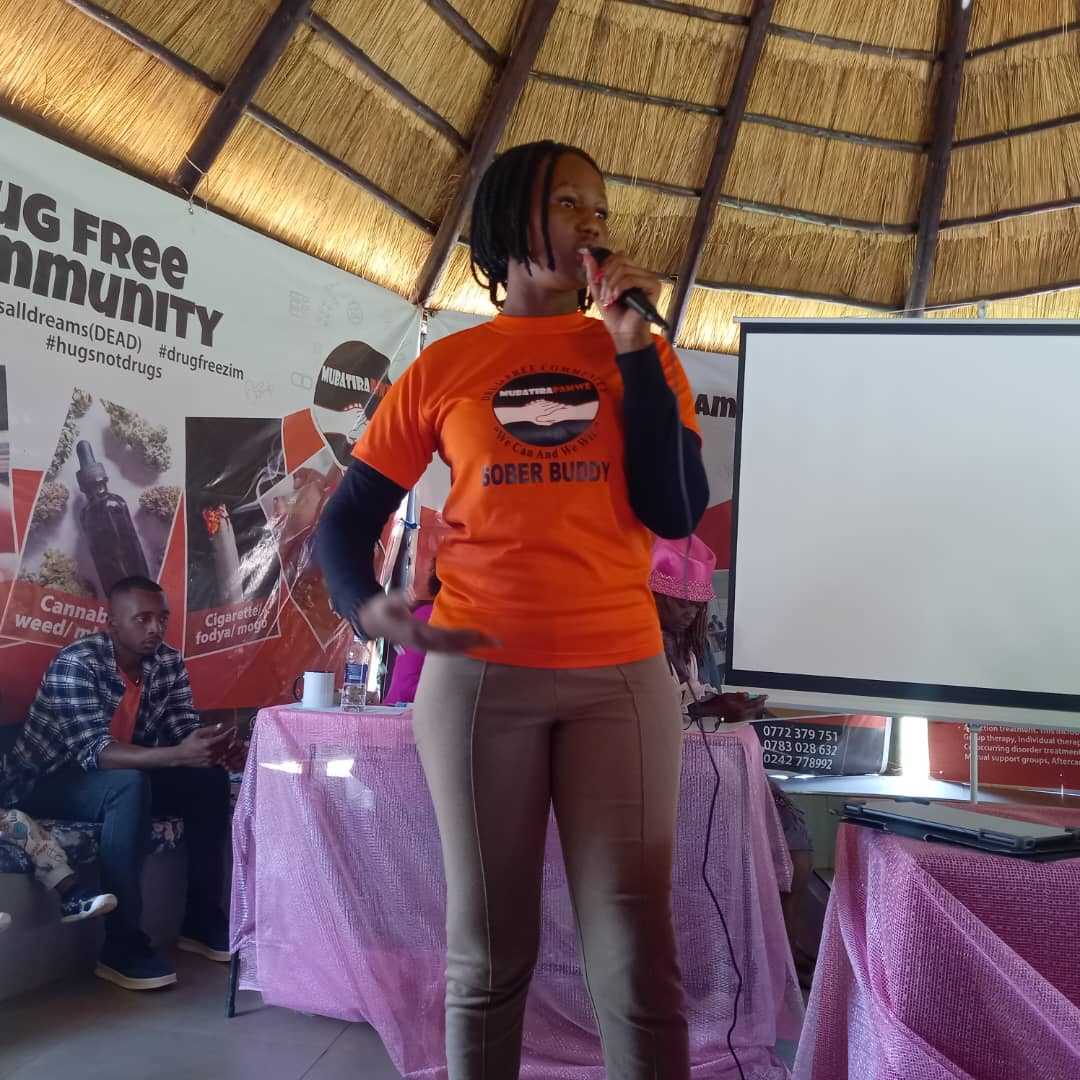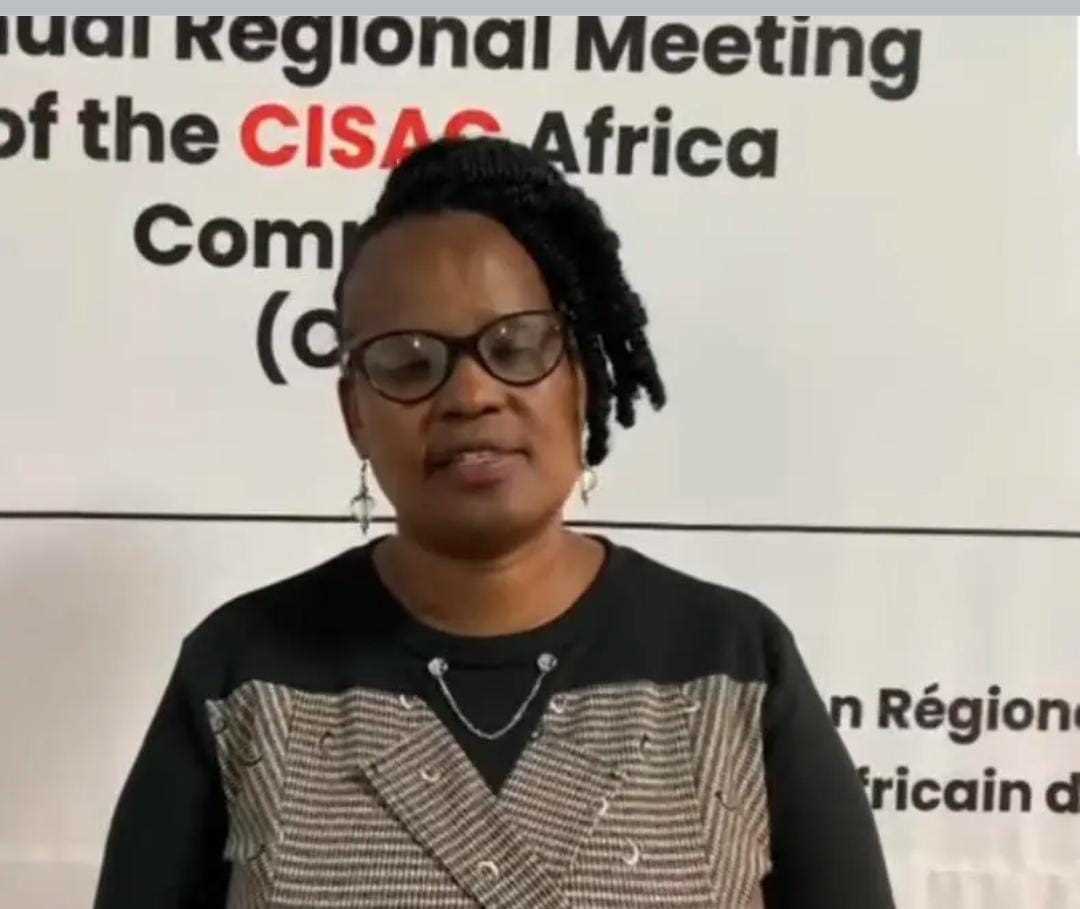
Ropafadzo Mapimhidze- Zim Now Correspondent
At just 28, Thelma Majero, a professional beauty therapist from Harare, Zimbabwe, had a promising career and a lucrative job in Oman. Yet, beneath the surface of success, she was battling a powerful addiction that ultimately led her to abandon it all.
Overwhelmed by her dependency on drugs, Majero made the difficult decision to return home, surrendering to an addiction that had taken hold of her life.
It was a heartbreaking moment of realisation that set her on the path to recovery. One day, she found her three-year-old child trying to extract crystal meth powder from a light bulb. The sight shook her to the core.
“That was my wake-up call,” she recalls. “I knew I had to change, not just for myself but for my child.”
Majero reached out to her mother in England, finally admitting that she had a problem. Her mother, though unsurprised, was quick to act, helping to secure a place for her in a rehabilitation centre in Harare, where she spent nearly two years reclaiming her life from addiction.
A Descent into Addiction
Like many others, Majero’s substance abuse started with peer pressure. Her home gradually turned into a gathering spot for drug users, a place where substances were freely exchanged and consumed.
“So many unthinkable and horrible things happen when you’re under the influence,” she admits. “I would steal, pick fights with my family, and even run away from home. Immorality and reckless behaviour became the norm.”
Despite the years lost to addiction, she counts herself fortunate. “I am so grateful that my child was born healthy. The drugs I took for nearly eight years could have harmed him,” she says with relief.
Reflecting on her past, she still finds it hard to believe how addiction led her to forfeit a high-paying job overseas. “Drugs take over your mind. All you think about is the next fix.”
The Road to Recovery
Recovery was anything but easy. Majero suffered severe withdrawal symptoms as she underwent treatment.
Related Stories
“All I could think about was my child,” she says. “I didn’t want him to grow up to be the junkie I almost became. My mother and brothers stood by me, making sure I got the help I needed.”
Christine ‘Kiri’ Hurukuro Madamombe, director of Mubatirapamwe Trust, the organization that supported Majero’s rehabilitation, explains that breaking free from addiction requires time and comprehensive medical care.
“The process involves psychiatrists, clinical psychologists, psychotherapists, and physicians,” Madamombe explains. “Emotional support from family is also crucial. The longer a person has been addicted, the more time they might need to heal. But recovery ultimately depends on the individual’s willpower, as we saw with Majero.”
A New Purpose
Today, Majero is a symbol of resilience and hope. As an ambassador for Mubatirapamwe Trust, she now dedicates her life to helping young people battling addiction in drug-ridden communities.
Her transformation comes at a time when Zimbabwe is facing an alarming rise in substance abuse. The Department of Chemical Pathology at the University of Zimbabwe’s School of Medicine is currently conducting research led by Professor Hilda Matarira, whose findings will soon be presented to the Minister of Health.
“We are ready to roll out intervention programs,” says Prof. Matarira. “However, we need financial support from stakeholders, including motor vehicle and medical insurance companies.”
Statistics indicate that a significant number of admissions at mental health institutions such as Ngomahuru in Masvingo and Ingutsheni in Bulawayo are due to drug-induced psychosis.
Prof. Matarira reveals that 80% of cases involve youths and young adults suffering from substance abuse-related mental health crises. In response, Mpilo Hospital has opened a dedicated ward to cater to the growing number of affected individuals.
A Story of Hope
Majero’s journey serves as an inspiration to many. She is proof that, with the right support and determination, overcoming addiction is possible. Her story is not just one of recovery but of transformation—from a life controlled by substance abuse to one driven by advocacy and purpose.
Her message is clear: no matter how dark the path may seem, there is always hope for a brighter, drug-free future.




















Leave Comments